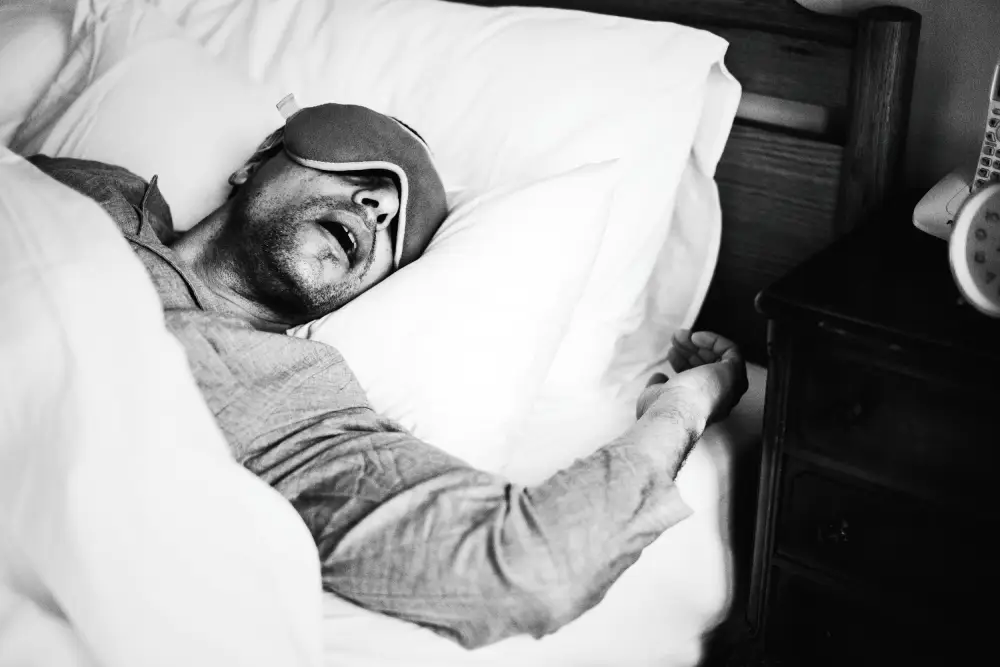Sleep paralysis is a condition in which a person isunable to move or speakwhile they arefalling asleep or waking up. During an episode of sleep paralysis, a person may feel a sense of impending doom, and may also experience hallucinations and vivid dreams. Sleep paralysis can be a frightening and unsettling experience, but it is not dangerous and usually resolves on its own within a few minutes to an hour. Sleep paralysis is often associated with sleep deprivation, irregular sleep schedules, and certain medical conditions, such as narcolepsy. In most cases, sleep paralysis can be managed through lifestyle changes, such as maintaining a regular sleep schedule and getting enough sleep. In some cases, medication may be needed to manage the condition.
Sleep Paralysis Causes
Factors that may contribute to the development of sleep paralysis, include:
- Lack of sleep or irregular sleep schedule: Not getting enough sleep or having an inconsistent sleep schedule can disrupt the normal sleep-wake cycle and increase the risk of sleep paralysis.
- Certain medical conditions: Sleep paralysis is more common in people with certain medical conditions, such as narcolepsy, a sleep disorder that causes excessive daytime sleepiness and sudden attacks of sleep. Other medical conditions that may increase the risk of sleep paralysis include obstructive sleep apnea, a condition in which the airway becomes blocked during sleep, and restless leg syndrome, a condition that makes you want to move your legs all the time.
- Medications: Some medications, such as antidepressants and stimulants, may increase the risk of sleep paralysis.
- Substance abuse: Alcohol and drug abuse can disrupt sleep and increase the risk of sleep paralysis.
- Genetic factors: Sleep paralysis tends to run in families, suggesting that there may be a genetic component to the condition.
- Psychological stress: Stress, anxiety, and depression may also increase the risk of sleep paralysis.
Sleep Paralysis Demon
During an episode of sleep paralysis, it is not uncommon for people to experience vivid and sometimes frightening hallucinations. These hallucinations can take many forms and may include the sensation of a presence in the room or the feeling of being restrained. Some people may also experience auditory hallucinations, such as hearing voices or noises. In many cultures, these types of hallucinations have been interpreted as encounters with supernatural entities, such as demons. It is important to remember that sleep paralysis is a medical condition and the hallucinations that occur during an episode are not real. They are simply the result of disrupted sleep and the brain's ability to process sensory information during this time.
Sleep Paralysis Death
It is not dangerous and does not cause death. It is a temporary condition that usually resolves on its own within a few minutes to an hour. However, the fear and anxiety that can be associated with an episode of sleep paralysis may be distressing and, in some cases, may cause a person to feel as though they are in danger. It is important to remember that sleep paralysis is a common and treatable condition and that it does not pose a direct threat to a person's health or well-being. If you are experiencing sleep paralysis and are having difficulty coping with the symptoms, it is important to seek support from a healthcare provider or a mental health professional. They can help you manage the condition and alleviate any concerns you may have about your health.





